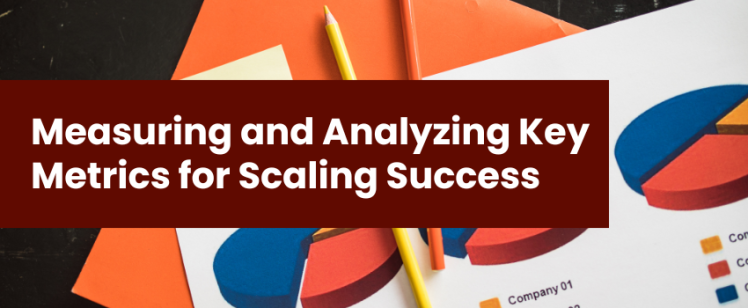-
Measuring and Analyzing Key Metrics for Scaling Success
As a growth-minded entrepreneur, scaling your business effectively requires more than just increasing sales—you need to focus on tracking key metrics to ensure you’re scaling efficiently. If you use QuickBooks Online, you’re already set up to leverage critical data. Here are essential metrics and key performance indicators (KPIs) you should monitor to drive sustainable growth.
- Cash Flow Forecasting
Scaling requires capital, and keeping a close eye on your cash flow is crucial. QuickBooks Online allows you to generate cash flow statements to understand how much cash is coming in and going out. A positive cash flow ensures you can meet operational costs while investing in growth opportunities. - Gross Profit Margin
Your gross profit margin tells you how efficiently you are producing or delivering your services. Track this closely during scaling to ensure that rising sales aren’t eating away at your profits. QuickBooks’ Profit & Loss reports are a great way to monitor these margins. - Customer Acquisition Cost (CAC)
As you scale, acquiring new customers is vital, but at what cost? Keep track of how much you’re spending on sales and marketing to bring in new clients. Comparing this cost to your customer lifetime value (CLTV) helps determine if you’re spending wisely. - Operating Expenses
QuickBooks Online makes it easy to track operating expenses. As you grow, it’s common for expenses to rise. Monitor your fixed and variable costs to ensure your overhead doesn’t outpace your revenue growth. - Accounts Receivable Turnover
Aging invoices can hurt your cash flow. Track how quickly customers are paying, and if needed, tighten credit terms or offer early payment discounts.
Monitoring these key metrics consistently will give you the data-driven insights you need to make informed decisions and scale your business effectively.
- Cash Flow Forecasting
- (609) 759-5881
- Contact us
